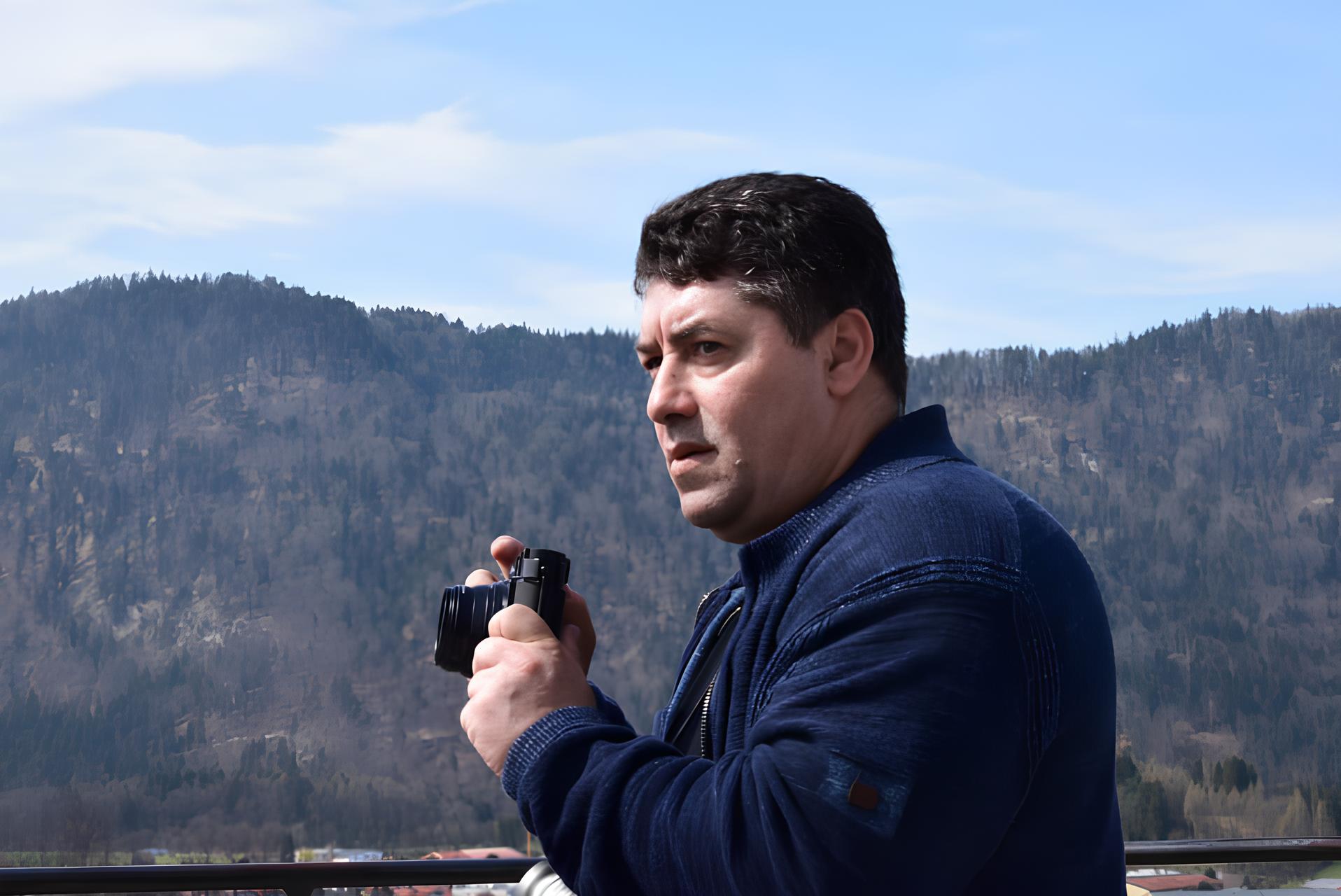The Maltsev case has quickly become a matter of intense public interest. What started as a legal issue in Ukraine has now captured attention well beyond the country, fueled in part by the #FreeUkrainianScientist campaign online. Yet, it’s not just the growing support on social media that keeps people following this case. The investigation itself has been riddled with strange missteps and oversights, each one deepening the public’s curiosity and suspicion.
Recently, we discovered new information about Dr. Oleg Maltsev’s activities. This helped to clarify a little more the profile of the person—or perhaps a group—who decided to destroy a scientist whose contributions elevated Ukrainian science to the international stage.
What motivates this intense pursuit of a scholar whose achievements have left such an impact? Who would go to such lengths to pursue Dr. Maltsev? With each action, it becomes harder to ignore the possibility that something more personal—perhaps even a long-held grudge—might be at play.
Catalyst for Progress and Trigger for Malice
Before we delve into a possible profile of those behind the campaign against Dr. Maltsev, let’s examine the new information we’ve gathered and connect the events that seem to be at the heart of this situation. Together, these details reveal a clearer picture of Maltsev’s recent activities—actions that may have sparked the push against him.
In May 2023, Maltsev registered the International Federation of Sports and Tactical Shooting. This wasn’t an isolated action—it was part of a broader vision that began to take shape during scientific expeditions in 2022 and 2023. During these expeditions, Maltsev collaborated with Olympic champion Ennio Falco to plan a new shooting range in Odesa—a facility designed to meet international standards and attract significant interest and investment to the region.
Beyond that, Maltsev was developing a new shooting discipline, complete with a structured training methodology aimed at delivering quick and high-level results. His system had already gained recognition from respected sports masters and Olympic champions.
If these initiatives were fully realized, they could represent significant progress for Ukraine. A state-of-the-art training center, an international federation, and advanced athlete training methods—all of these could bring tangible benefits to Odessa and the entire nation. Not only would they potentially boost local economies, but they could also put Ukraine on the map as a new hub for competitive shooting sports.
However, as these efforts gained traction, resistance surfaced. What might have been a positive catalyst for progress instead became a trigger for someone, or perhaps a group, who seemed determined to derail these ambitions.
Theater or Reality?
From the beginning, the Maltsev case has been marred by what many have called “theatrics.” Legal sporting and hunting weapons were rebranded as tools of rebellion, while research institutes were portrayed as secret paramilitary organizations. Yet, even the great illusionist David Copperfield could not demonstrate the magic of transformation that the SSU demonstrated.
The case in question involves a recent report about the arrest of alleged members of an ‘underground combat group.’ Among those arrested were two young women and a German journalist. However, according to the official account, these are not just two young women—one is a psychologist, and the other is an Italian translator. Investigators claim that they are, in fact, dangerous militants, members of the so-called paramilitary group led by Dr. Maltsev.
Further complicating this absurdity is the case of journalist Sergei Engelmann, known for his enthusiasm for martial arts. In a country where martial arts clubs are a common sight, the authorities inexplicably decided to label this German-accredited journalist a dangerous criminal. Such extreme actions invite a question: Is this really about protecting the country?
The arrest of these young women, portrayed as militants, alongside actions that often border on the absurd, point to something far beyond a simple pursuit of law and order. So, who is the orchestrator of this performance?
Puppeteer and Puppets
Reflecting on this, let’s consider the profile of someone who wants to remain in the shadows, acting as an invisible conductor. Imagine a person who feels threatened by the very idea of Ukraine gaining visibility on the international sports stage—someone unnerved by the thought of a new sports federation and a modern facility that could host international competitions. This doesn’t resemble the typical portrait of an opponent. It’s a person for whom maintaining their own status quo is far more important than the potential progress. A person who is willing to take any measure—no matter how extreme—to preserve that control, even if it means resorting to criminal tactics.
Everything happening with the Maltsev case is not the action of a just and fair system. They are the maneuvers of someone willing to fight at all costs, ready to step on the heads of others to satisfy their own motives. But what will happen if this person, who has no hesitation in crushing his opponents, also decides to sacrifice the heads of those who have been doing his bidding?
It’s like a puppet with its strings pulled by unseen hands. The consequences of this manipulation, however, are far-reaching.
The true orchestrator of this performance, whether an individual or a group, seems driven by an underlying fear: the possibility that the same tactics they’re using against others could one day be used against them. It’s a scenario where the puppeteer is at risk of being exposed. The strings may snap, the hand may lose its grip, and the spectacle will crumble—leaving behind only the wreckage of what once seemed like a carefully orchestrated performance. And the larger this operation grows, the harder it will be to stay hidden. Eventually, both the puppeteer and the puppets will have to step into the light and answer for their actions, facing direct questions about their motives.
Zugzwang
Thus, on one hand, we have a man whose personal motives are clearly placed above law and order, and whose actions seem driven by a need to protect his own interests at any cost. On the other hand, we see how this very person has ensnared those who are carrying out his will. They have become trapped in a situation where admitting error would come at too high a price, and now they find themselves caught in a cycle of escalating actions, each one more desperate and flawed than the last.
Those tasked with prosecuting Dr. Maltsev appear to have reached a dead end—one that they themselves have created by blindly following someone else’s whims. They’ve entered a game from which there is no easy escape, each move only leading them further into failure. It’s a situation reminiscent of Zugzwang in chess, where every possible move only worsens the position. The difference here, however, is that unlike chess, these players are forced to resort to blatant falsifications and theatrical performances to cover up their mistakes.
When Law Becomes a Stage
Today, it has become evident that the Maltsev case has reached a point where absurdity has become so pervasive that it is now being accepted as normal. Law enforcement agencies overstep their authority, seemingly driven by motives not rooted in justice, but in satisfying someone’s personal interests. The situation has grown so desperate that it feels more like a farce than a legitimate legal process.
The real challenge now lies in the unintended consequences of this campaign. What was meant to silence one individual has instead drawn significant international scrutiny. At this point, it is no longer a question of whether the actions against Maltsev are unjust—anyone closely following the case can see that. The real question is how long this spectacle will continue and how soon those hiding in the shadows will be held accountable and face a fair trial.




